Jenny Cartwright
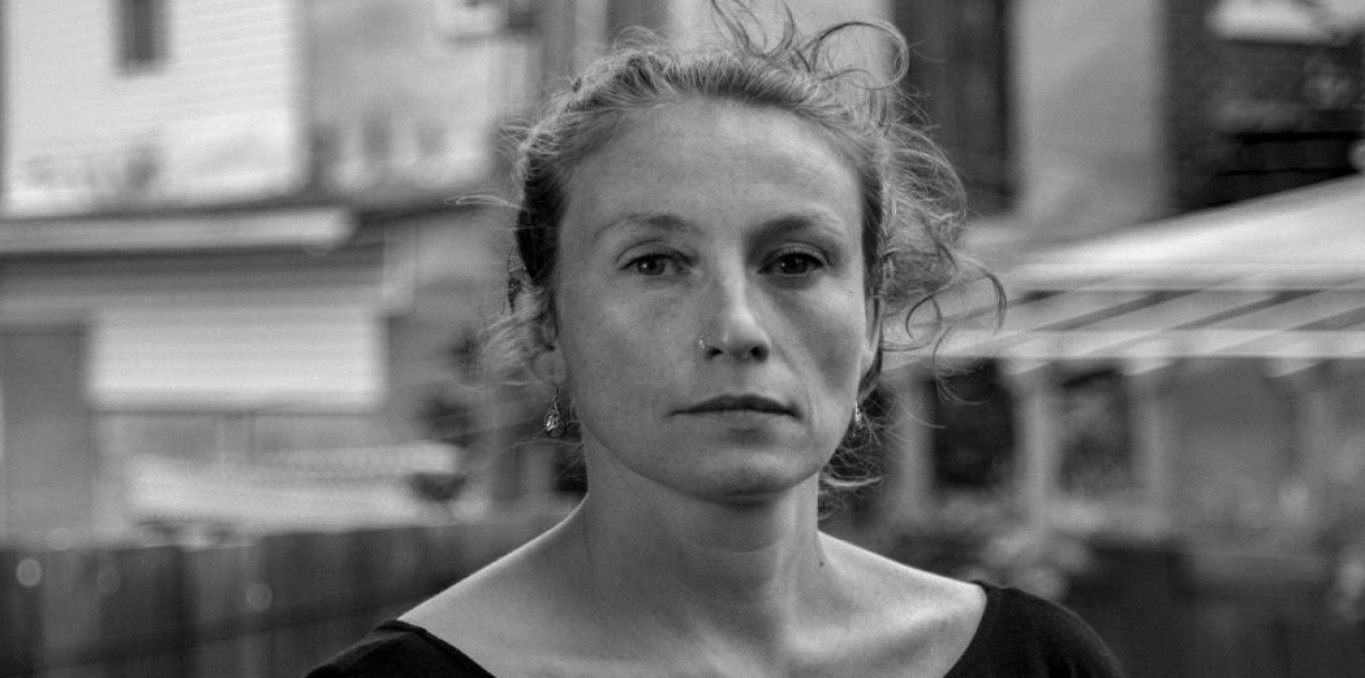
Jenny Cartwright has been involved with documentary film production for over twenty years and has collaborated on projects shot around the globe. As a filmmaker, she is interested in the dynamics of power that shape our world. Her work tackles complex issues such as gentrification, class divide, sex work and feminist action. As a sound artist and documentarist, she advocates in favour of broadening opportunities for public presentations of audio works and creative sound documentaries. Her first audio documentary Debouttes! (2019) was selected at Longueur d’ondes, one of the most important radio and podcast festivals in Europe. Quels morceaux de nous la tempête a-t-elle emportés avec elle?, her second audio documentary, shed light on the mishandling of the COVID‑19 pandemic in Quebec’s residential and long-term care centres and received the first international NUMIX award for best immersive sound experience. Her first feature-length documentary, I Remember a Time When No One Jogged in This Neighbourhood, won the REAL award from the Association des réalisateurs et réalisatrices du Québec in the « art & essai » category. Her second feature film, A Losing Game, opened the 43rd Rendez-vous Québec Cinéma. Jenny Cartwright is also a curator of audio documentaries for Tënk.
Related to this realisator
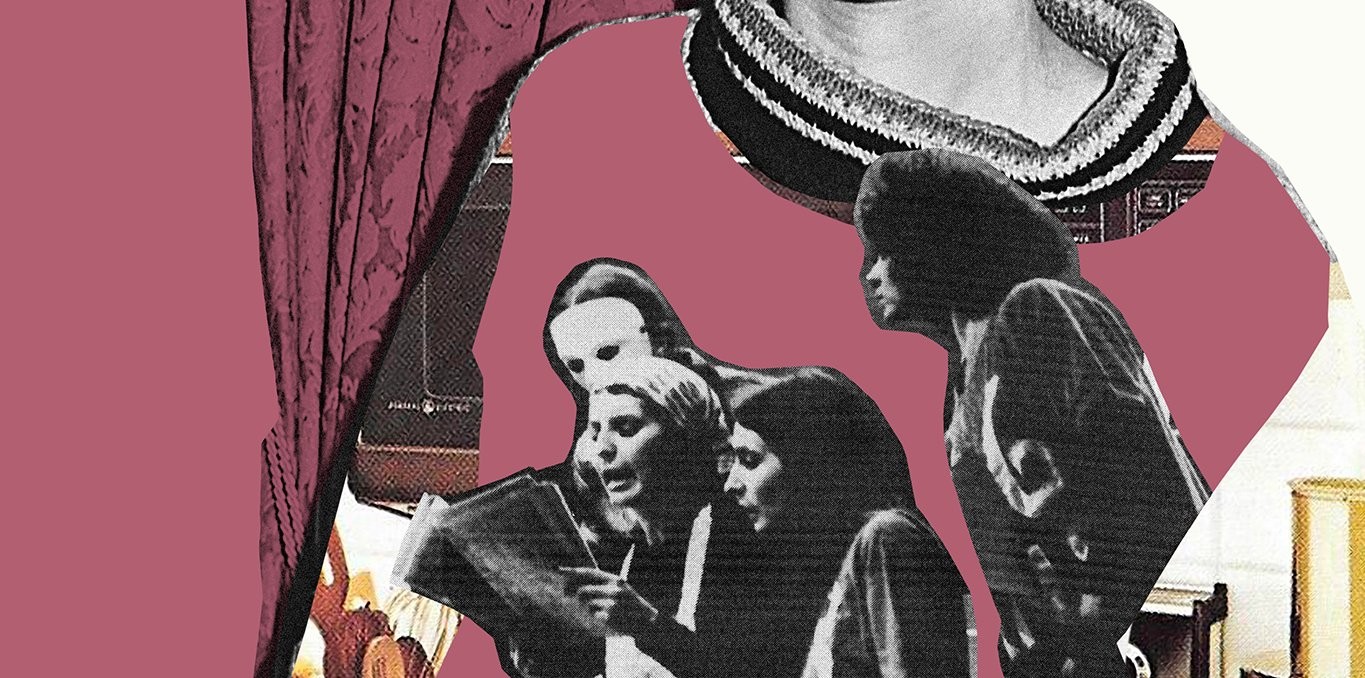
Nous sortirons de nos cuisines - Épisode 4 - Épilogue : on a réussi, mais on n’a pas fini (1982-2024)
Subscription access
Within the troupe, the wave of departures that began around _As-tu vu? Les maisons s’emportent!_ continues, and paths diverge. Activism is a never-ending task: sometimes, it’s exhausting. In 2006, thirty years after the March 8, 1976 speech that closes the first episode of _Nous sortirons de nos cuisines_, Québécois women won their battle for free access to abortion: from then on, voluntary ter...
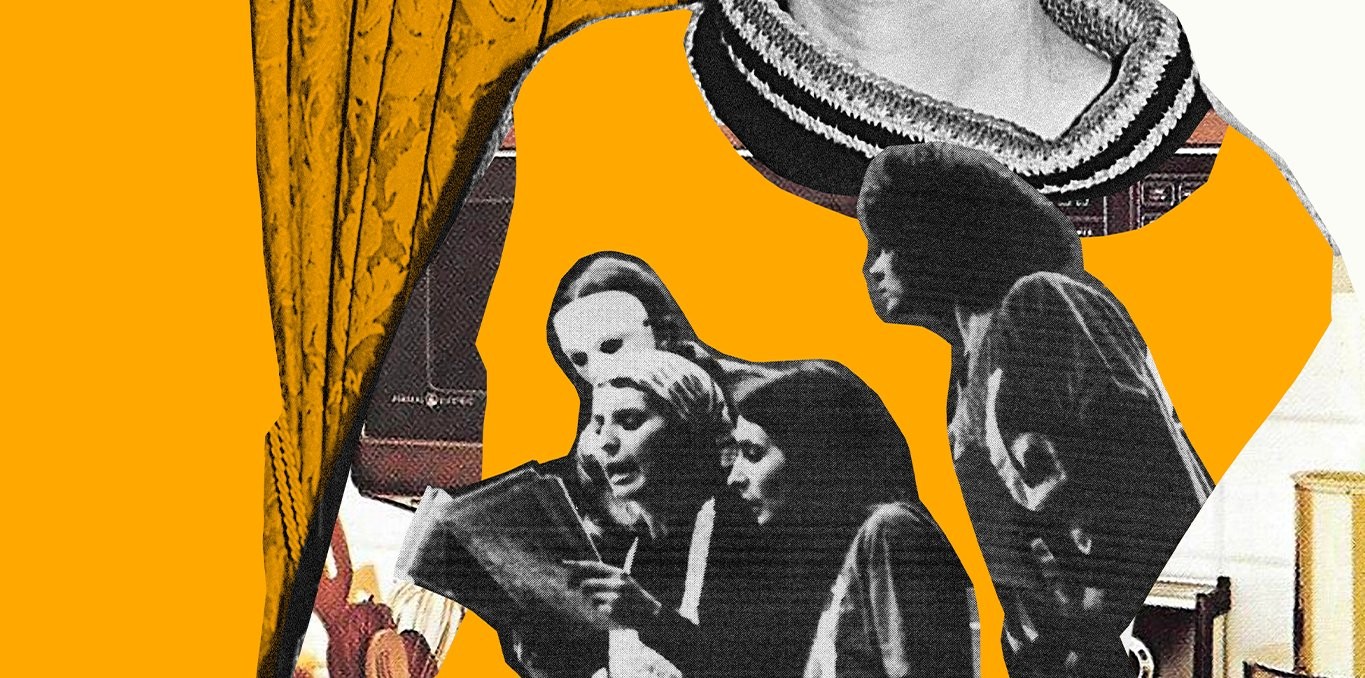
Nous sortirons de nos cuisines - Épisode 3 - As-tu vu? Les maisons s’emportent! (1979-81)
Nous sortirons de nos cuisines - Épisode 3 - As-tu vu? Les maisons s’emportent! (1979-81)
Duration: 1h00Subscription access
The premiere of _As-tu vu? Les maisons s’emportent!_ takes place 10 days before the first referendum on Quebec sovereignty. A wave of conservatism is sweeping the West: privatization policies benefit those who already have everything, and we witness the gradual dismantling of the state and the common good. Carole Fréchette suggests: “What if we made a play? But this time, we should make a play ...
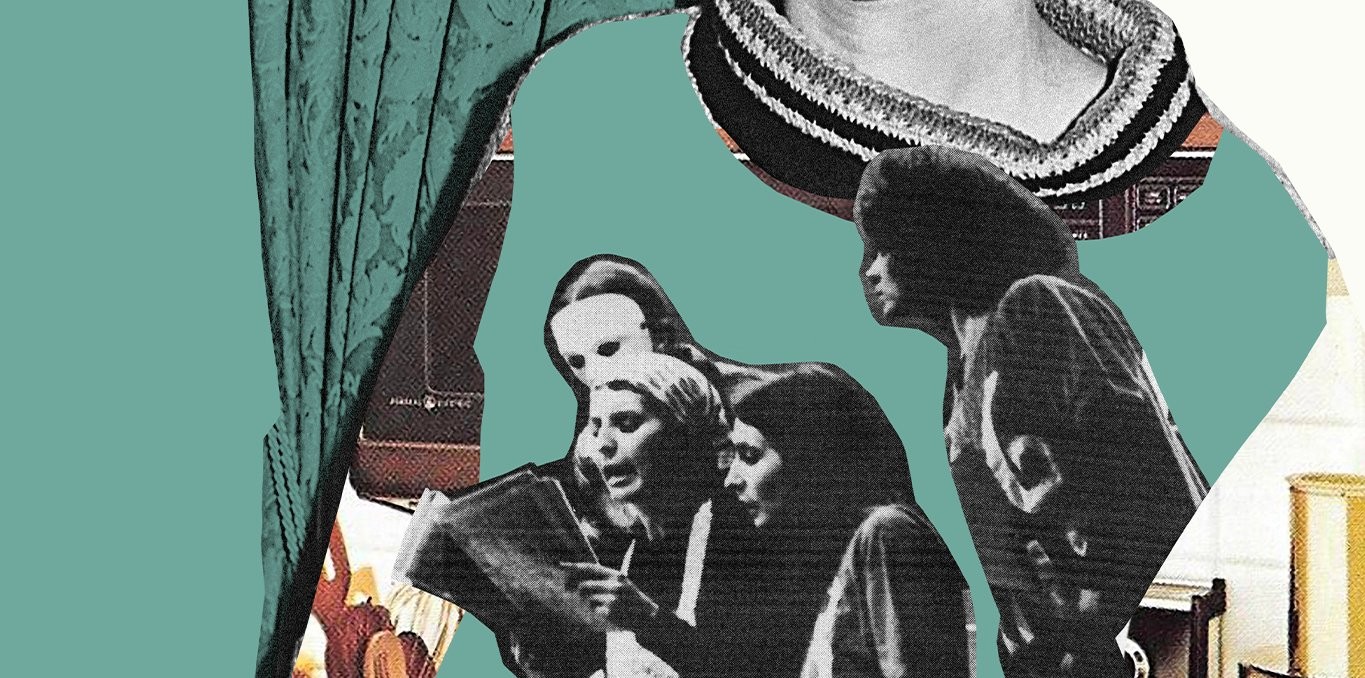
Nous sortirons de nos cuisines - Épisode 2 - Môman travaille pas, a trop d’ouvrage! (1974-75)
Nous sortirons de nos cuisines - Épisode 2 - Môman travaille pas, a trop d’ouvrage! (1974-75)
Duration: 1h01Subscription access
The UN declared 1975 the “International Women's Year,” ironically using the singular form in French (Année internationale de la femme). It was a pivotal time: more and more women were divorcing or entering the workforce. Yet a pregnancy was enough to justify dismissal, and maternity leave would not exist until 1979. The members of Théâtre des Cuisines returned to the stage with their second pla...
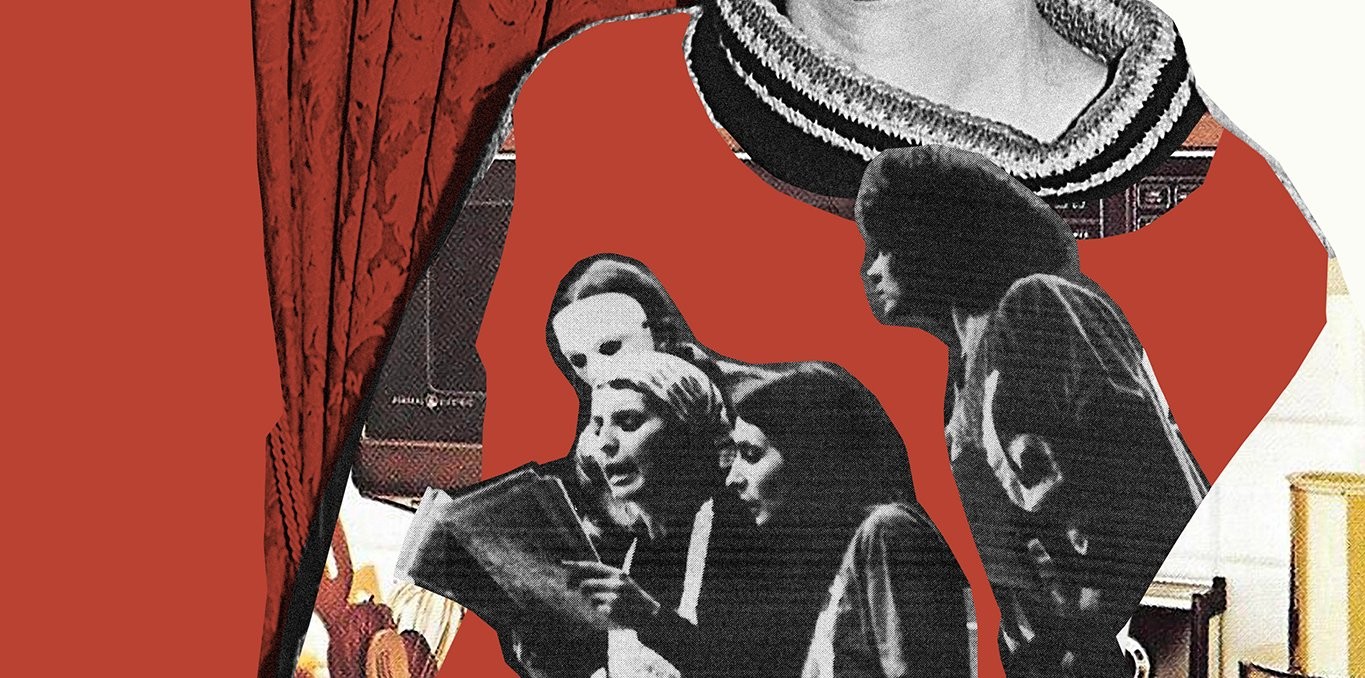
Nous sortirons de nos cuisines - Épisode 1 - Nous aurons les enfants que nous voulons (1968-74)
Nous sortirons de nos cuisines - Épisode 1 - Nous aurons les enfants que nous voulons (1968-74)
Duration: 1h02Subscription access
Montreal, 1973. Canadian law now permits abortion. But the criteria are very restrictive, and women depend on the goodwill—more often the ill will—of the men sitting on the committees that approve or deny them. Quebec is the province where it is most difficult to terminate an unwanted pregnancy, and clandestine abortions are common: they are the leading cause of hospitalization among women. Yet...
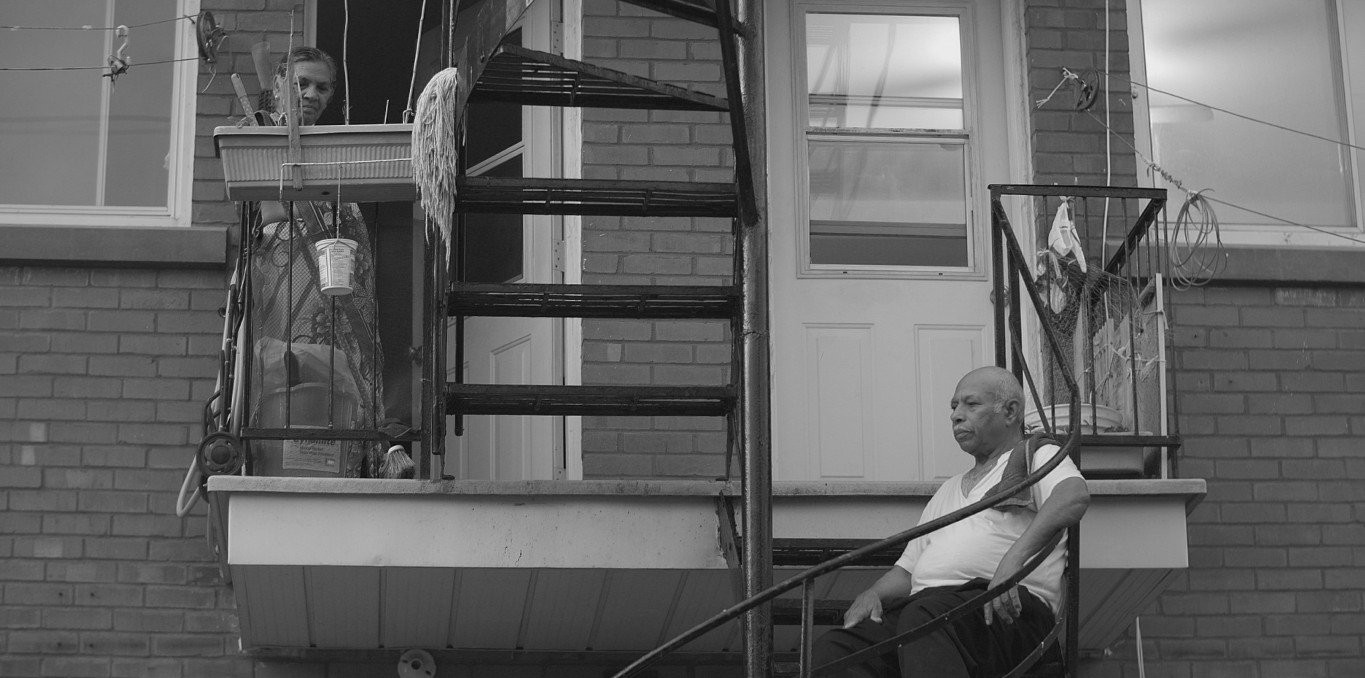
I Remember a Time When No One Jogged in This Neighbourhood
I Remember a Time When No One Jogged in This Neighbourhood
Duration: 2h36Subscription access
This first feature film takes a close look at Parc-Extension, the most densely populated neighbourhood in Montreal. *I Remember a Time When No One Jogged in This Neighbourhood* offers a series of intimate and contemplative paintings of the people who live in this rapidly changing area. The artist observes the singular social fabric of this neighbourhood, one which is particularly threatened by ...

Nous sortirons de nos cuisines - Épisode 4 - Épilogue : on a réussi, mais on n’a pas fini (1982-2024)
Subscription access
Within the troupe, the wave of departures that began around _As-tu vu? Les maisons s’emportent!_ continues, and paths diverge. Activism is a never-ending task: sometimes, it’s exhausting. In 2006, thirty years after the March 8, 1976 speech that closes the first episode of _Nous sortirons de nos cuisines_, Québécois women won their battle for free access to abortion: from then on, voluntary ter...

Nous sortirons de nos cuisines - Épisode 3 - As-tu vu? Les maisons s’emportent! (1979-81)
Nous sortirons de nos cuisines - Épisode 3 - As-tu vu? Les maisons s’emportent! (1979-81)
Duration: 1h00Subscription access
The premiere of _As-tu vu? Les maisons s’emportent!_ takes place 10 days before the first referendum on Quebec sovereignty. A wave of conservatism is sweeping the West: privatization policies benefit those who already have everything, and we witness the gradual dismantling of the state and the common good. Carole Fréchette suggests: “What if we made a play? But this time, we should make a play ...

Nous sortirons de nos cuisines - Épisode 2 - Môman travaille pas, a trop d’ouvrage! (1974-75)
Nous sortirons de nos cuisines - Épisode 2 - Môman travaille pas, a trop d’ouvrage! (1974-75)
Duration: 1h01Subscription access
The UN declared 1975 the “International Women's Year,” ironically using the singular form in French (Année internationale de la femme). It was a pivotal time: more and more women were divorcing or entering the workforce. Yet a pregnancy was enough to justify dismissal, and maternity leave would not exist until 1979. The members of Théâtre des Cuisines returned to the stage with their second pla...

Nous sortirons de nos cuisines - Épisode 1 - Nous aurons les enfants que nous voulons (1968-74)
Nous sortirons de nos cuisines - Épisode 1 - Nous aurons les enfants que nous voulons (1968-74)
Duration: 1h02Subscription access
Montreal, 1973. Canadian law now permits abortion. But the criteria are very restrictive, and women depend on the goodwill—more often the ill will—of the men sitting on the committees that approve or deny them. Quebec is the province where it is most difficult to terminate an unwanted pregnancy, and clandestine abortions are common: they are the leading cause of hospitalization among women. Yet...

I Remember a Time When No One Jogged in This Neighbourhood
I Remember a Time When No One Jogged in This Neighbourhood
Duration: 2h36Subscription access
This first feature film takes a close look at Parc-Extension, the most densely populated neighbourhood in Montreal. *I Remember a Time When No One Jogged in This Neighbourhood* offers a series of intimate and contemplative paintings of the people who live in this rapidly changing area. The artist observes the singular social fabric of this neighbourhood, one which is particularly threatened by ...
